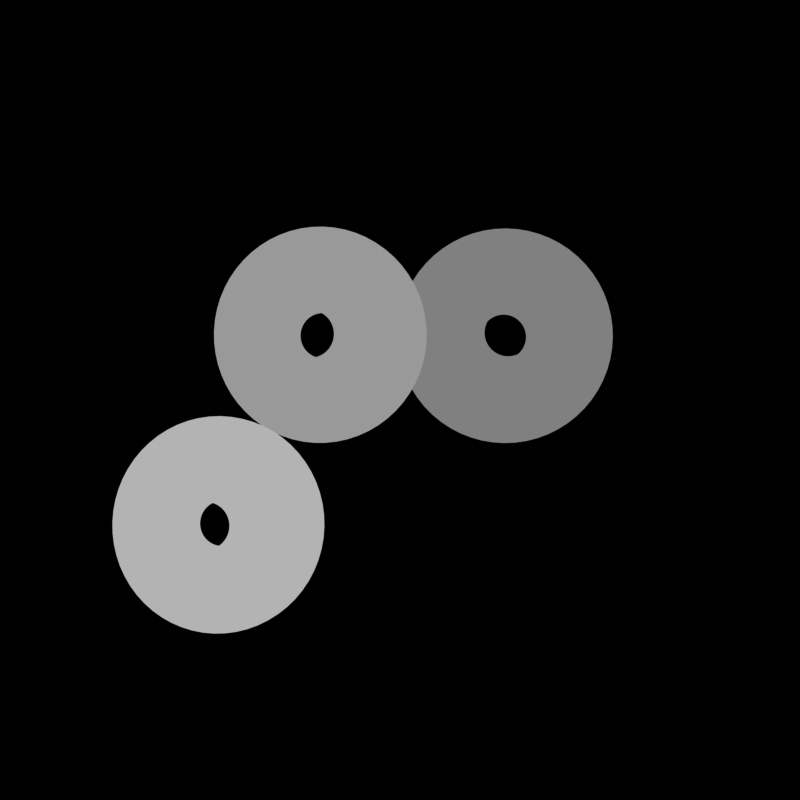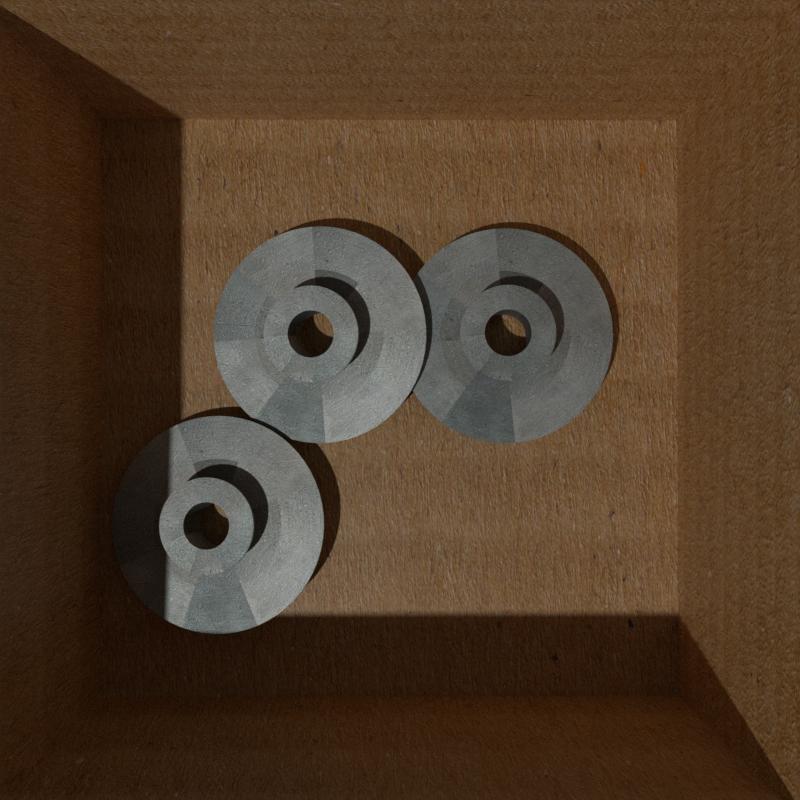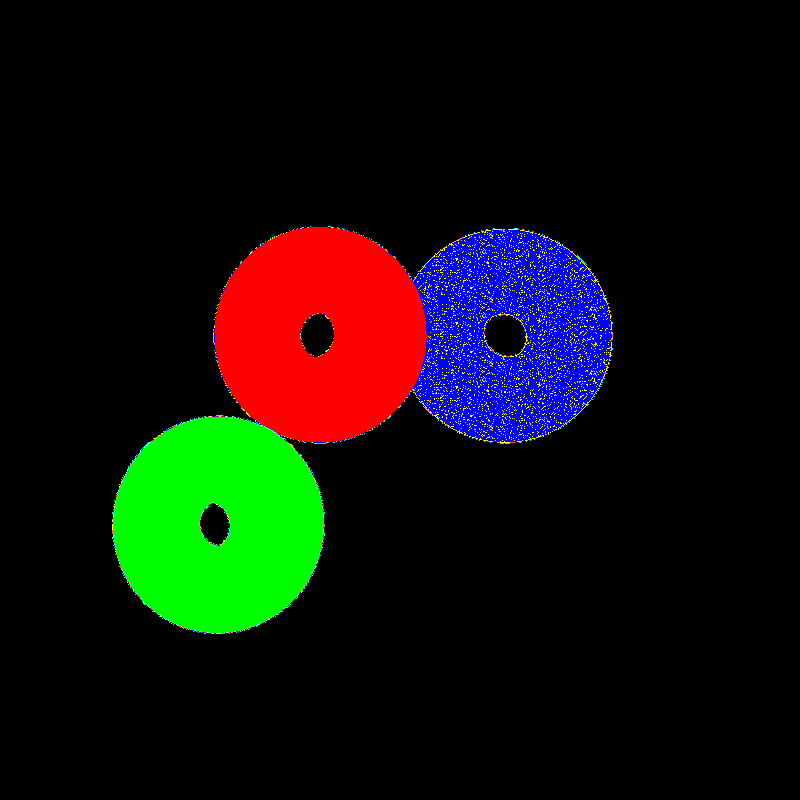Im generating scenes in blender, then making a 'realistic' render and a mask render for each scene. To get the mask render Im setting transparent everything that should be and changing colors of objects that I need masks for to shades of gray
Here are the functions for setting materials and rendering
def set_material_for_objects(objects):
if len(objects) > 0:
num_materials = len(objects)
for i, obj in enumerate(objects):
grayscale = 0.5 + i * 0.1
# Create a new material
material_name = "Material_{:02d}".format(i)
temp_material = bpy.data.materials.new(name=material_name)
temp_material.use_nodes = True
# Get the material output node
output_node = temp_material.node_tree.nodes.get("Material Output")
# Create an emission node and set its color to the grayscale value
emission_node = temp_material.node_tree.nodes.new("ShaderNodeEmission")
emission_node.inputs[0].default_value = (grayscale, grayscale, grayscale, 1.0)
emission_node.inputs[1].default_value = 1
# Connect the emission node to the material output node
temp_material.node_tree.links.new(emission_node.outputs[0], output_node.inputs[0])
# Assign the material to the object
obj.data.materials.clear()
obj.data.materials.append(temp_material)
in short Im using ShaderNodeEmission and setting its color to a shade of gray
def render_scene(objects, visible_objects, box_obj, i):
curr_folder_name = '/IMG' + f'{i:03}'
# RAW RENDER
bpy.context.scene.render.filepath = FOLDER_PATH + curr_folder_name + "/IMG" + f'{i:03}_render' + ".png"
bpy.ops.render.render(write_still=True)
# LABEL RENDER
# set up render for label
set_transparent([box_obj]) # set the box to be transparent
set_transparent(objects) # set objects to be transparent
set_opaque(visible_objects) # set visible objects opaque
set_material_for_objects(visible_objects) # set visible objects to shades of gray
light = bpy.data.objects['Light']
light.hide_render = True
# Store the original display device
original_display_device = bpy.context.scene.display_settings.display_device
original_aa_settings = bpy.context.scene.view_layers[0].cycles.use_denoising
# Set up render settings for label
bpy.context.scene.display_settings.display_device = 'None'
bpy.context.scene.view_layers[0].cycles.use_denoising = False
bpy.context.scene.view_layers["ViewLayer"].use_pass_diffuse_color = True
# render for label
bpy.context.scene.render.filepath = FOLDER_PATH + curr_folder_name + "/IMG" + f'{i:03}_label' + ".png"
bpy.ops.render.render(write_still=True)
# return to settings for raw
set_opaque([box_obj]) # return the box to be opaque
set_opaque(objects)
light.hide_render = False
# Set the display device back to the original value ("sRGB" in this case)
bpy.context.scene.display_settings.display_device = original_display_device
bpy.context.scene.view_layers[0].cycles.use_denoising = original_aa_settings
bpy.context.scene.view_layers["ViewLayer"].use_pass_diffuse_color = False
return i + 1
Here I first render and save without any trickery and then render and save only diffuse pass while setting transparent objects that are supposed to be.
full disclosure, I abused chat GPT to write the parts that interact with bpy module as I never worked with it before and didnt have time to properly study it, so it just might be gibberish
So, the question is: how to make these masks have exactly one color? with a naked eye I can alredy see some gradients along the edges. With further inspection the masks are completly out of wack:
mask = Image.open('label2.png').convert('P')
# each mask instance has a different color, from zero to N, where
# N is the number of instances. In order to make visualization easier,
# let's adda color palette to the mask.
mask.putpalette([
0, 0, 0, # black background
255, 0, 0, # index 1 is red
0, 255, 0, # index 2 is yellow
0, 0, 255, # index 3 is blue
255, 255, 0, # spare indices
0,255, 255,
255,100, 100,
100, 255, 255,
])
mask
It is also possible that the masks are the way I described I want them to be and Im just cheking the wrong way



